Nation Forged Anew South African news highlights innovative approaches to inequality and a shifting
- Nation Forged Anew: South African news highlights innovative approaches to inequality and a shifting political landscape.
- Economic Transformation and Inequality
- Political Dynamics and the ANC
- The Rise of Opposition Parties
- Challenges to Democratic Institutions
- Technological Advancement and Innovation
- Sustainable Development and Environmental Concerns
- Social Cohesion and National Identity
Nation Forged Anew: South African news highlights innovative approaches to inequality and a shifting political landscape.
The current landscape of South Africa is one of dynamic change, marked by ongoing efforts to address deep-seated inequalities and a shifting political environment. This complex interplay of factors dominates recent news south africa, focusing on innovative policies aimed at economic empowerment, coupled with evolving dynamics within the governing African National Congress (ANC). Understanding these developments is crucial for anyone seeking to grasp the trajectory of this pivotal nation in the 21st century.
The narrative extends beyond the political arena, encompassing significant strides in technological advancement and a growing emphasis on sustainable development. These areas offer glimmers of hope as the nation navigates various socio-economic challenges. Consequently, observing the interconnectedness of these themes provides a more nuanced comprehension of South Africa’s present and future.
Economic Transformation and Inequality
South Africa’s economic transformation remains a central pillar of its national agenda, with the primary objective of dismantling the legacy of apartheid-era imbalances. Broad-Based Black Economic Empowerment (BBBEE) policies, designed to increase participation of historically disadvantaged groups in the economy, continue to be a subject of debate and refinement. While some argue that these policies are essential for redress, others contend that they hinder investment and economic growth. Recent reports indicate a renewed focus on skills development and entrepreneurship as key drivers of inclusive economic expansion.
The Gini coefficient, a measure of income inequality, remains stubbornly high in South Africa, reflecting the persistent gap between the wealthy and the poor. Addressing this inequality requires a multi-faceted approach that tackles structural issues in education, healthcare, and land ownership. Several initiatives are underway to promote small and medium-sized enterprises (SMEs) and foster job creation, particularly among the youth. The effectiveness of these programs is closely monitored, and adjustments are made based on performance evaluations.
| Gini Coefficient | 0.62 | 0.63 |
| Unemployment Rate | 26.7% | 31.9% |
| GDP Growth Rate | 0.8% | 0.6% |
Political Dynamics and the ANC
The African National Congress (ANC), which has governed South Africa since the end of apartheid, is currently grappling with internal divisions and a decline in public support. The upcoming elections are expected to be highly contested, with the emergence of viable opposition parties presenting a significant challenge to the ANC’s dominance. Recent scandals and allegations of corruption have further eroded public trust in the ruling party, contributing to a sense of political uncertainty.
Despite these headwinds, the ANC remains a powerful political force, with deep roots in South African society. The party is attempting to revitalize its image through a renewed focus on service delivery and a commitment to fighting corruption. Efforts to address internal factionalism and promote unity are also underway. However, the success of these efforts remains to be seen as the country approaches a critical juncture in its democratic trajectory.
The Rise of Opposition Parties
Several opposition parties are gaining traction in South Africa, capitalizing on public dissatisfaction with the ANC’s performance. The Democratic Alliance (DA), the largest opposition party, advocates for a market-based economy and a strong emphasis on the rule of law. The Economic Freedom Fighters (EFF), a radical left-wing party, calls for land expropriation without compensation and the nationalization of key industries. Other emerging parties, such as ActionSA, are also vying for support, offering alternative visions for South Africa’s future. The diversification of the political landscape has injected a new level of dynamism into South African politics, but also introduces potential instability.
Understanding the core values and policy positions of these opposition parties is crucial for a complete understanding of the nation’s political climate. While the ANC presently maintains a commanding majority, the potential for a coalition government in upcoming elections is mounting. Each party puts forward different approaches to fix previously described systemic failures. The ability across party lines to collaborate effectively will shape the course of South Africa in the years to come by establishing which approaches will be prioritized or abandoned.
Challenges to Democratic Institutions
South Africa’s democratic institutions, despite being relatively robust, face numerous challenges including corruption, state capture and waning public trust. State capture, a form of corruption where private interests exert undue influence over state institutions, has been a major concern in recent years. The Zondo Commission, established to investigate allegations of state capture, revealed widespread corruption and implicated numerous high-ranking officials. The ongoing efforts to hold those responsible accountable are crucial for restoring public trust and strengthening the rule of law. Reinforcing democratic safeguards and promoting transparency and accountability are essential for preserving the integrity of South Africa’s democracy.
Further complicating matters, disinformation campaigns and the spread of fake news pose a serious threat to informed public discourse. Efforts to combat these threats include media literacy programs and initiatives to promote responsible journalism. The strength of a democratic society hinges on its citizens’ ability to access accurate information and engage in critical thinking. Additionally, maintaining the independence of the judiciary and protecting the rights of civil society organizations are equally vital for safeguarding democratic values.
Technological Advancement and Innovation
South Africa is experiencing a wave of technological advancement, particularly in the areas of fintech, e-commerce, and renewable energy. The country is becoming a hub for startups and innovation, attracting investment from both local and international sources. This growth is driven by a young and increasingly educated workforce, as well as a supportive regulatory environment. The government is investing heavily in infrastructure development and digital literacy programs to further stimulate technological innovation.
However, challenges remain in terms of digital inclusion and access to internet connectivity, particularly in rural areas. Bridging the digital divide is essential for ensuring that all South Africans can participate in and benefit from the digital economy. Initiatives are underway to expand broadband access and promote affordable internet solutions. Encouraging collaboration between government, private sector, and civil society organizations is key to overcoming these challenges.
- Fintech Innovation: Mobile banking and financial platforms are expanding access to financial services, especially for underserved populations.
- Renewable Energy Sector: Investment in solar, wind, and other renewable energy sources is growing rapidly, creating jobs and promoting sustainability.
- E-commerce Growth: Online retail is expanding rapidly, offering consumers greater choice and convenience.
Sustainable Development and Environmental Concerns
South Africa is committed to sustainable development and is actively pursuing initiatives to address environmental concerns, including climate change, water scarcity, and biodiversity loss. The country has set ambitious targets for reducing greenhouse gas emissions and transitioning to a low-carbon economy. Investments in renewable energy, energy efficiency, and sustainable agriculture are key components of this strategy. Managing the delicate balance between economic development and environmental protection is a crucial challenge.
Water scarcity is a particularly pressing issue in South Africa, exacerbated by climate change and growing demand. Efforts to improve water resource management, reduce water waste, and invest in water infrastructure are essential. Protecting biodiversity is also a priority, given the country’s rich natural heritage. Strengthening environmental regulations and promoting responsible land use practices are vital for conserving ecosystems and ensuring long-term sustainability.
- Water Resource Management: Implementing strategies for efficient water usage and conservation.
- Renewable Energy Transition: Shifting towards sustainable energy sources to reduce carbon dependency.
- Biodiversity Conservation: Protecting South Africa’s unique flora and fauna through dedicated preservation programs.
| Forest Cover (%) | 22.9 | 22.5 |
| Carbon Emissions (Million Tonnes) | 420 | 400 |
| Protected Areas (%) | 6.2 | 7.1 |
Social Cohesion and National Identity
Building social cohesion and strengthening national identity are critical priorities for South Africa. The country remains deeply divided along racial and socio-economic lines, a legacy of its apartheid past. Addressing these divisions requires promoting dialogue, reconciliation, and a shared sense of belonging. Investing in education, cultural exchange programs, and community development initiatives can foster greater understanding and empathy among different groups.
Strengthening civic participation and promoting active citizenship are also essential for building a more inclusive and cohesive society. Empowering marginalized communities and ensuring equal access to opportunities are crucial for fostering a sense of ownership and responsibility. The tapestry of South Africa is one of many threads— weaving a stronger national fabric requires acknowledging and celebrating the diversity within.

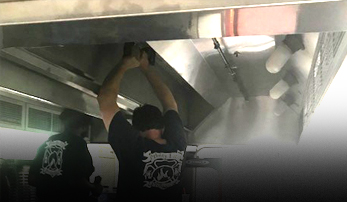
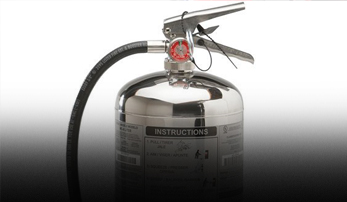


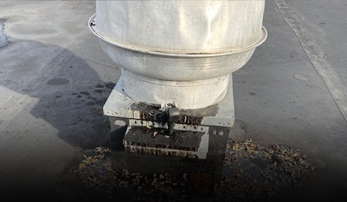
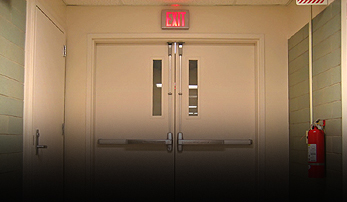
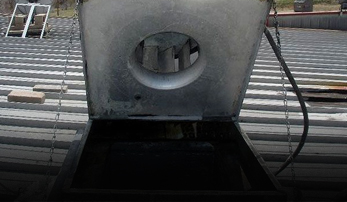
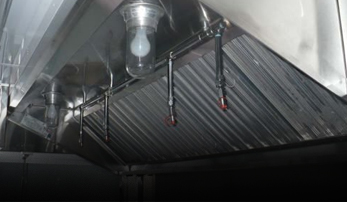
Recent Comments